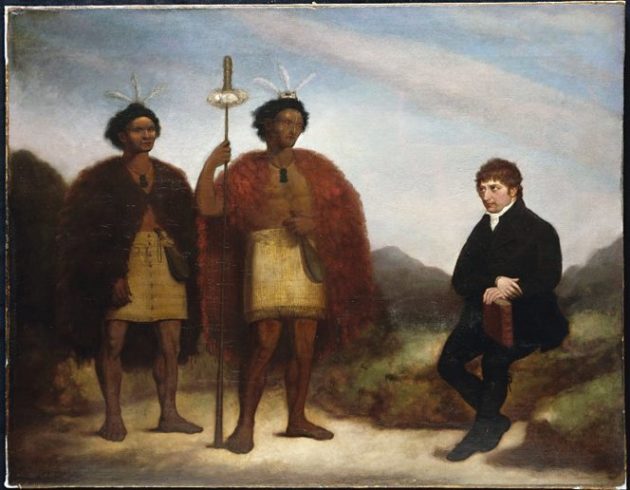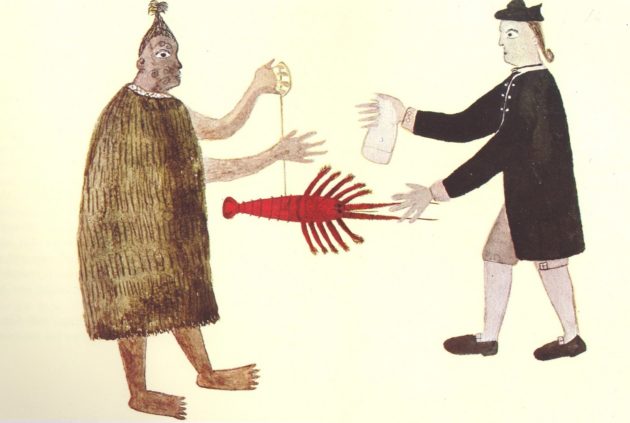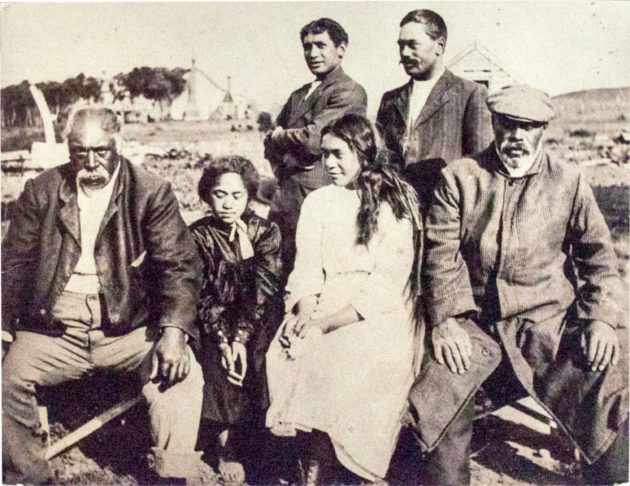I don’t know if Winston Peters reads The BFD but his reported comments in a newspaper yesterday compliment yesterday’s article Gisborne History the Re-write beautifully.

Winston has said what so many of us were thinking when we heard that the British High Commissioner was going to apologise for a historical altercation between Captain Cook’s men and Maori Warriors from Gisborne.
Peters did not want to comment on the British moves. But he said Maori should remember that their own track record “has not been as pure as the driven snow” when it comes loss of life in bygone eras. It was time to make the best of contact between Maori and European, said Peters, who is the New Zealand First leader, Foreign Minister, Deputy Prime Minister and a member of the northern iwi of Ngati Wai.
He is quite right. I hope he shares his views with the new Race Relations Commissioner, Meng Foon who thinks that it is a great idea to divide us all by focussing on the negative in his ignorance of the full context of what actually happened and the thinking of the time.
Why can’t we focus on all the good things that happened back then? Lots of great things happened that are worth celebrating and being proud of. We don’t need apologies, we need to be proud of how far we have come and how remarkably “progressive” the settlers were, compared to others at that point in time.

In other countries there was no treaty, no attempt to befriend the locals or buy their land. In other countries the settlers treated the native tribes as less than human and took what they wanted by force. New Zealand was unique in how the civilised man put out a hand of friendship and very quickly brought a stone-age people out of the stone age, giving them a written language, education, religion and the right to vote, making them full and equal citizens. There was a tremendous amount of goodwill there and our academics and activists do our European forbears a great disservice by demonising them and beatifying our Maori forbears.

“If you don’t want the celebrations, then stay home and let people celebrate what they want to celebrate.”It was for the British to decide what they regard as appropriate. “All I’m saying I’ve heard some comment from some Maori who don’t seem to realise that their own track record – and being from Nga Puhi I can say this – has not been as pure as the driven snow.“

He also cited the Chatham Islands where, according to the deed of settlement recently initialled between the Government and Moriori, about 300 or one-sixth of its population was killed by two invading Taranaki iwi in 1835 and 1836. “Let’s accept that it happened, let’s try and celebrate what was good about the connection and the Maori being both an inquisitive and acquisitive people and realise we have made some giant strides despite all that so let’s get on with developing our country,” Peters said.
A Newspaper

